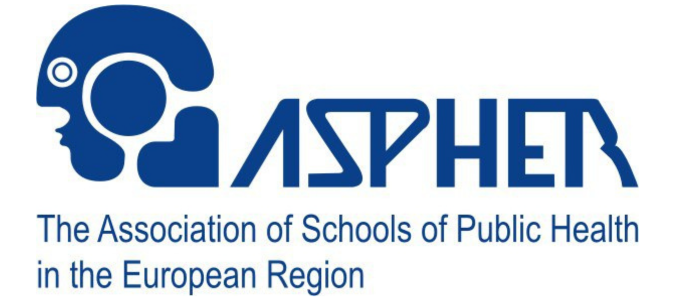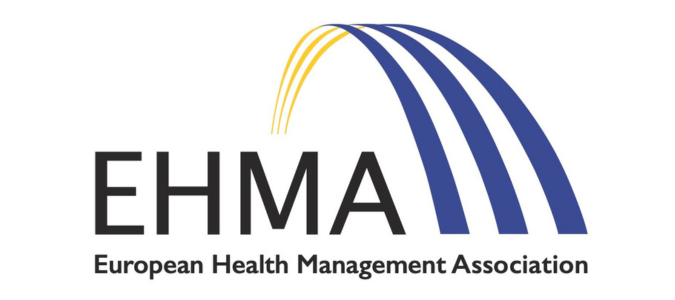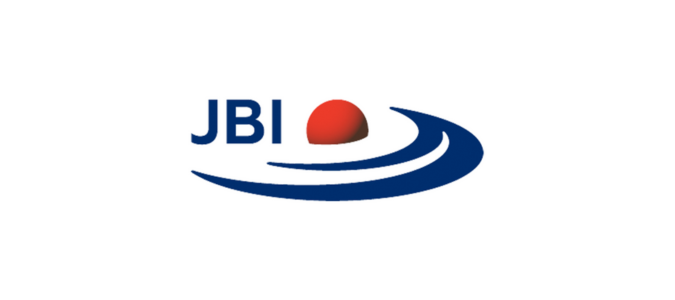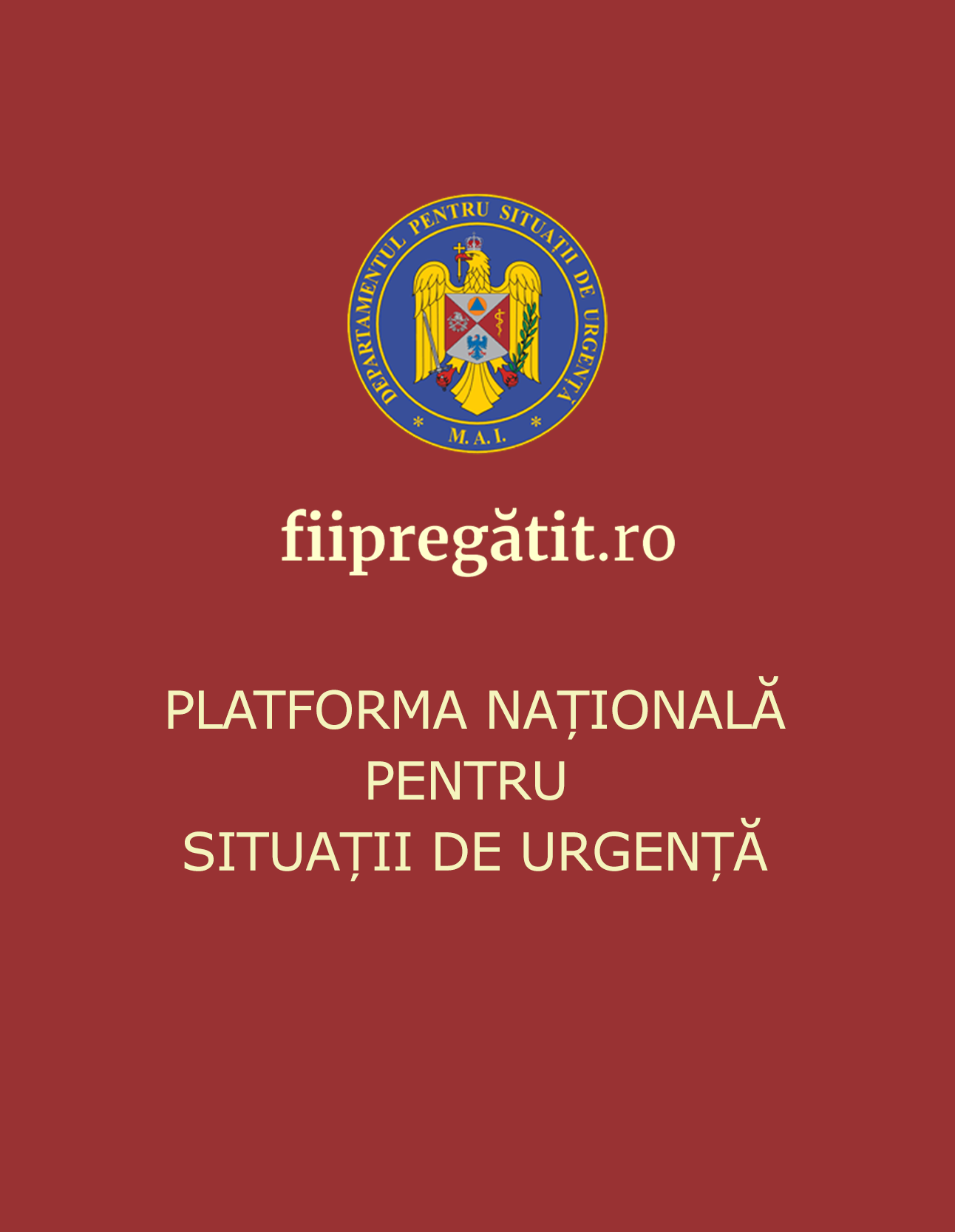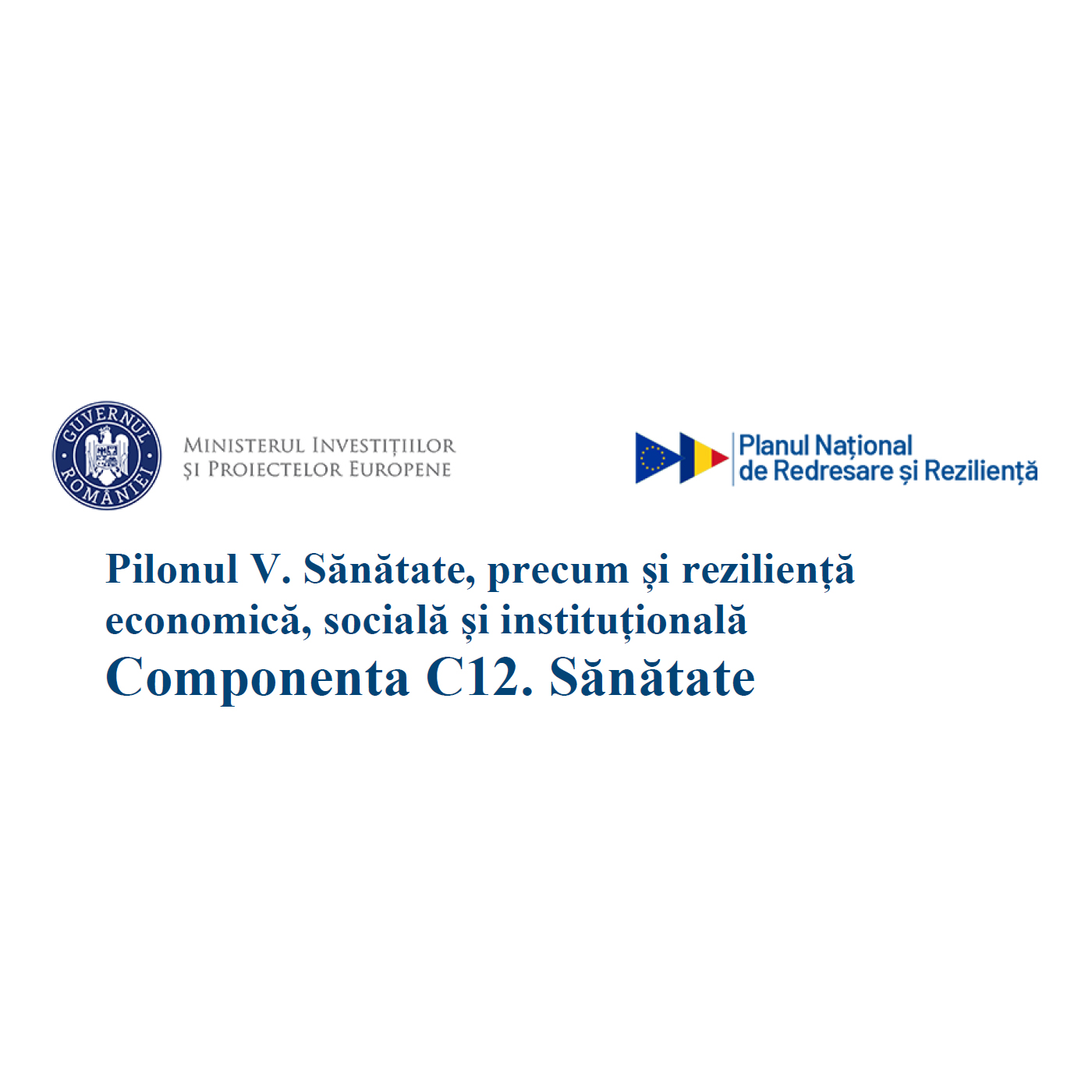
R3.1. Health service management reform (Allocation – €25.42 million)
3.1.1. Challenges and objectives:
The poor performance of the Romanian health system and its major inefficiencies are largely due to low administrative and managerial capacity. This is visible at all levels of care (primary and community care, outpatient, hospital), albeit to different degrees, and at the level of institutions responsible for developing, implementing and/or evaluating health policies at central (e.g. Ministry of Health, National Health Insurance House, National Institute of Public Health, etc.), regional and local level (e.g. County Public Health Directorates, County Health Insurance Houses, Regional Public Health Centres, etc.).
The low managerial and administrative capacity of staff in the above positions is a direct consequence of the limited availability of high quality educational programmes in health services management, health administration and health policy. Over time, numerous reports have shown that in many cases these institutions are run by politically appointed persons, undermining the legal requirement that these positions should be filled by persons with the appropriate knowledge and skills and who go through transparent selection procedures, in accordance with the legislation in force.
In order to respond to these challenges, the overall objective of this reform is to improve the knowledge, skills and competencies of human resources in health services management at all levels of the Romanian health system.
The proposed reform is a systemic one, aiming to address the causes that contribute to the poor performance of the Romanian health system in relation to the human resource in health services management.
To achieve this, we propose three lines of action as follows:
(1) Training and professional development – this will ensure a broad base of highly qualified staff from which to select and recruit for the above positions;
(2) Professional identity – this will contribute to the professionalisation of health service management and the creation of clear career paths, which will help to increase the visibility and attractiveness of these positions in the system;
(3) Regulation – this will allow the proposed changes to generate a lasting impact on the health system by translating them into actions that are implemented, monitored and evaluated, and continuously improved.
3.1.2. Beneficiaries:
The direct beneficiaries are, at central level, the Ministry of Health, the National Health Insurance House, the National Institute of Public Health, and at regional and local level the Directorates Page27
County Public Health Offices, County Health Insurance Offices, Regional Public Health Centres, etc.
3.1.3. Target group:
This reform targets the following categories of staff in the health system:
(1) members of hospital steering committees (manager, medical director, financial-accounting director, director of care);
(2) heads of wards, heads of laboratories in health units;
(3) executive directors, deputy executive directors, chief medical officers of the County Public Health Directorates;
(4) directors, chief physicians of the County Health Insurance Funds;
(5) managers of County Ambulance Services;
(6) senior staff of the Ministry of Health and the National Health Insurance House;
(7) heads of institutions under the supervision and coordination of the Ministry of Health;
(8) administrative and management staff in primary, community and outpatient health care services;
(9) staff with administrative and management functions in the structures responsible for health in local government authorities; etc.
3.1.4. Implementation mechanism:
In order to achieve the overall objective mentioned above of improving the knowledge, skills and competences of health service management staff at all levels of the system, we propose the following set of activities:
- evaluate the current state of human resource training programmes in health services management and audit training programmes to align them with the objectives and needs of the health system;
- development of the mechanism for periodic evaluation and accreditation of initial and continuing training programmes for human resources in health services management;
- development of mandatory requirements for accreditation of initial and continuing training programmes for human resources in health services management;
- amending and adopting legislation on the accreditation of human resource training programmes in health services management;
- operationalise the institution responsible for accrediting human resource training programmes in health services management;
- include criteria on maintaining, developing and motivating human resources among the criteria for hospital accreditation;
- amending and adopting legislation on the implementation of training programmes for human resources in health services management and the criteria to be met by providers of initial and continuing training programmes;
- operationalisation of the entity (institution/consortium) that will carry out the training of existing human resources with responsibilities in health services management, in line with the new vision;
- running training programmes for existing human resources in health service management in line with the new vision;
- amend and adopt legislation to establish and develop the professional body of health service management experts;
- amending and adopting legislation (L95/2006 and subsequent regulations) to specify the minimum mandatory conditions for filling and maintaining management positions in the health system;
- definition of the professional categories to which these regulations will apply (human resources with responsibilities in the management of health services at multiple levels – health units, Ministry of Health and National Health Insurance House, deconcentrated institutions).
The implementation of this reform will be coordinated by the Ministry of Health, with technical support from academic partners with experience and notable results in delivering educational programmes on the above mentioned topics. We also aim to partner for technical support with prestigious international organisations (World Health Organisation, etc.) to reflect lessons learned from international experience. Other relevant central and local institutions in the national health system will be consulted during the implementation of the reform.
The Ministry of Health will be responsible for drafting and approving the proposed legislative changes.
Regarding the accreditation of human resource training programmes in health services management, the Ministry of Health will collaborate with those academic institutions that have a prestigious portfolio in the field of human resource training and development in health services management (G6 Association of Universities of Medicine and Pharmacy, Babeș-Bolyai University Cluj-Napoca, University of Bucharest) and the Romanian Agency for Quality Assurance in Higher Education. The delivery of training programmes will be carried out following the procurement procedure by the Ministry of Health, ONAC etc.
For the successful implementation of the reform, the National School of Public Health, Management and Health Training Bucharest is to be reformed and made more efficient, as well as a centre of excellence in capacity building for health services management.

